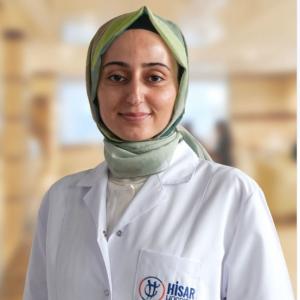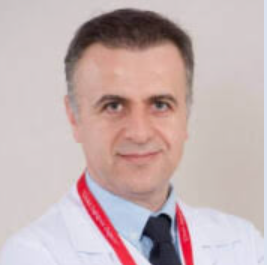Worried about your health but unsure where to start? A full health check-up in Turkey offers a proactive approach to detecting potential health issues before they become serious. With comprehensive testing and personalized guidance from expert physicians, you can gain a clear picture of your overall health, prevent future illnesses, and make informed decisions about your well-being.
Prices of a full medical checkup in Turkey
The cost of a full medical check-up in Turkey varies widely depending on the scope of tests included, the type of package chosen, and the hospital or clinic. On average, the cost ranges between $500 and $900, depending on the patient's age, medical history, and the number of tests required.
This average price generally includes medical consultations, blood and urine tests, basic imaging exams, and preventive screenings. More advanced or personalized check-up programs may increase the total cost.
Contact us for a free consultation and receive a personalized check-up plan tailored to your health needs.









